Refrigeration Chamber And Defrosting Methods
Categories: Engineering Lab EquipmentThe climate in the cold storage room has a significant effect on the quality of the products stored there. This climate depends on different influences, such as the surface temperature of the evaporat...
Product
Description
The climate in the cold storage room has a significant
effect on the quality of the products stored there. This climate depends on
different influences, such as the surface temperature of the evaporators, cold
storage room temperature, degree of evaporator icing, quantity and type of
refrigerated goods etc. The icing of the evaporators depends on the evaporator
and room temperatures and the quantitiy of humidity introduced by the
refrigerated goods. Icing of the evaporators significantly reduces the refrigeration
capacity and must therefore be prevented as much as possible by periodic
defrosting, i.e. heating the evaporator surfaces. In addition to the periodic
defrosting at set times, there is defrosting performed as required by measuring
the actual ice coating. The evaporator surface can be heated from the outside
by electric heating or from the inside by hot gas directly from the refrigerant
compressor.
Learning Objectives/Experiments
Effect of the evaporator size and temperature on the climate
in the refrigeration chamber
Frosting and icing under different operating conditions
Difference between latent and sensitive cooling load
Different defrosting methods (electric heater, hot gas)
Configuration of defrost controls such as defrost timer or
defrost controller
Features
Combined refrigeration and freezing chamber with temperature
and humidity measurement
evaporators of different sizes
Different defrosting methods
Specification
Refrigeration system to investigate the climate in the
refrigeration chamber and different defrosting methods
2 evaporators, separately switchable via solenoid valves
Electric defrost heater
Hot gas defrosting
Defrost controller and defrost timer
Latent and sensitive cooling load
Evaporation pressure and temperature adjustable
Heat exchanger as superheater and for refrigerant
supercooling
Digital display for temperature and humidity in the
refrigeration chamber
Refrigerant mass flow rate calculated in the software from
recorded measured values
Software with online representation of the h-x diagram
Technical Data
Compressor
power consumption: 565W at 7,2/54,4°C
refrigeration capacity: 1363W at 7,2/54,4°C
Latent cooling load: 2x 0…250W
Sensitive cooling load: 1x 0…200W, 1x 0…250W
Receiver: 1,3L
Refrigerant
R513A
GWP: 631
filling volume: 1,3kg
CO2-equivalent: 0,8t
Measuring ranges
pressure: 2x 0…16bar, 1x 0…25bar
temperature: 7x -50…150°C; 1x -25…125°C
rel. humidity: 0…100%
flow rate: 2…27L/h
230V, 50Hz, 1 phase
230V, 60Hz, 1 phase; 230V, 60Hz, 3 phases
quick overview :
The climate in the cold storage room has a significant
effect on the quality of the products stored there. This climate depends on
different influences, such as the surface temperature of the evaporators, cold
storage room temperature, degree of evaporator icing, quantity and type of
refrigerated goods etc. The icing of the evaporators depends on the evaporator
and room temperatures and the quantitiy of humidity introduced by the
refrigerated goods. Icing of the evaporators significantly reduces the refrigeration
capacity and must therefore be prevented as much as possible by periodic
defrosting, i.e. heating the evaporator surfaces. In addition to the periodic
defrosting at set times, there is defrosting performed as required by measuring
the actual ice coating. The evaporator surface can be heated from the outside
by electric heating or from the inside by hot gas directly from the refrigerant
compressor.
Learning Objectives/Experiments
Effect of the evaporator size and temperature on the climate
in the refrigeration chamber
Frosting and icing under different operating conditions
Difference between latent and sensitive cooling load
Different defrosting methods (electric heater, hot gas)
Configuration of defrost controls such as defrost timer or
defrost controller
Features
Combined refrigeration and freezing chamber with temperature
and humidity measurement
evaporators of different sizes
Different defrosting methods
Specification
Refrigeration system to investigate the climate in the
refrigeration chamber and different defrosting methods
2 evaporators, separately switchable via solenoid valves
Electric defrost heater
Hot gas defrosting
Defrost controller and defrost timer
Latent and sensitive cooling load
Evaporation pressure and temperature adjustable
Heat exchanger as superheater and for refrigerant
supercooling
Digital display for temperature and humidity in the
refrigeration chamber
Refrigerant mass flow rate calculated in the software from
recorded measured values
Software with online representation of the h-x diagram
Technical Data
Compressor
power consumption: 565W at 7,2/54,4°C
refrigeration capacity: 1363W at 7,2/54,4°C
Latent cooling load: 2x 0…250W
Sensitive cooling load: 1x 0…200W, 1x 0…250W
Receiver: 1,3L
Refrigerant
R513A
GWP: 631
filling volume: 1,3kg
CO2-equivalent: 0,8t
Measuring ranges
pressure: 2x 0…16bar, 1x 0…25bar
temperature: 7x -50…150°C; 1x -25…125°C
rel. humidity: 0…100%
flow rate: 2…27L/h
230V, 50Hz, 1 phase
230V, 60Hz, 1 phase; 230V, 60Hz, 3 phases
Product
Reviews
add Review
reviews
No Review Yet.
Copyrights © 2025 All Rights Reserved by Atico

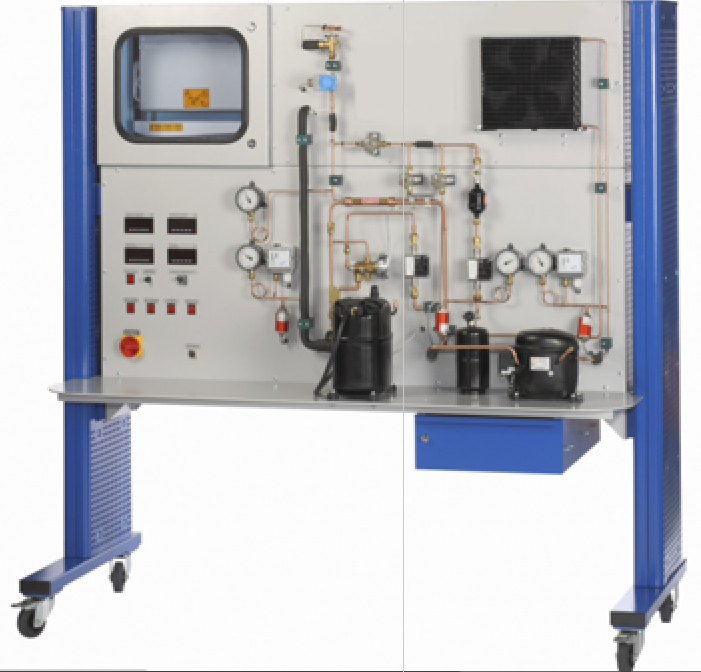




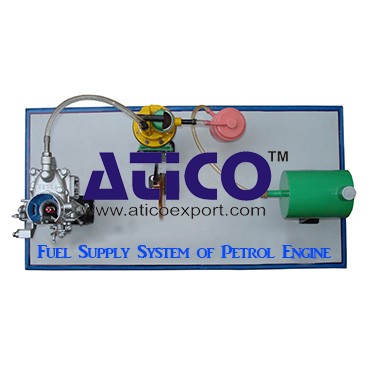
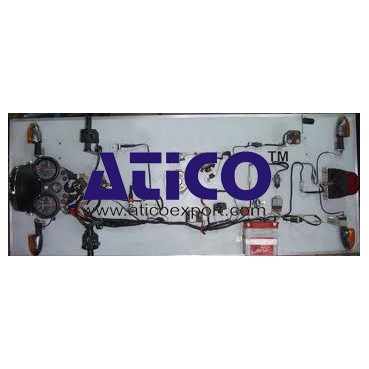
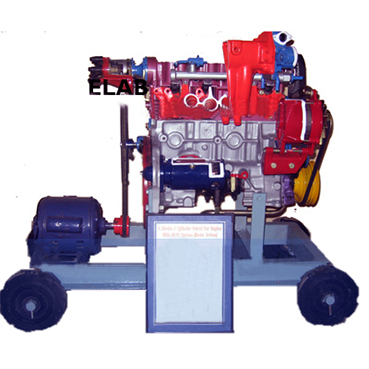
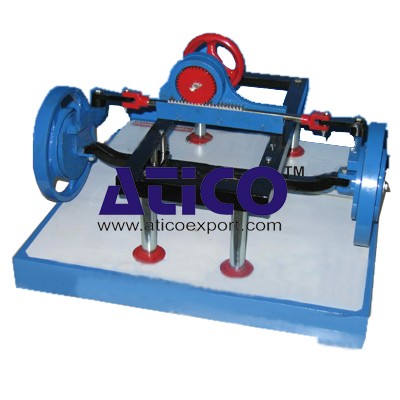
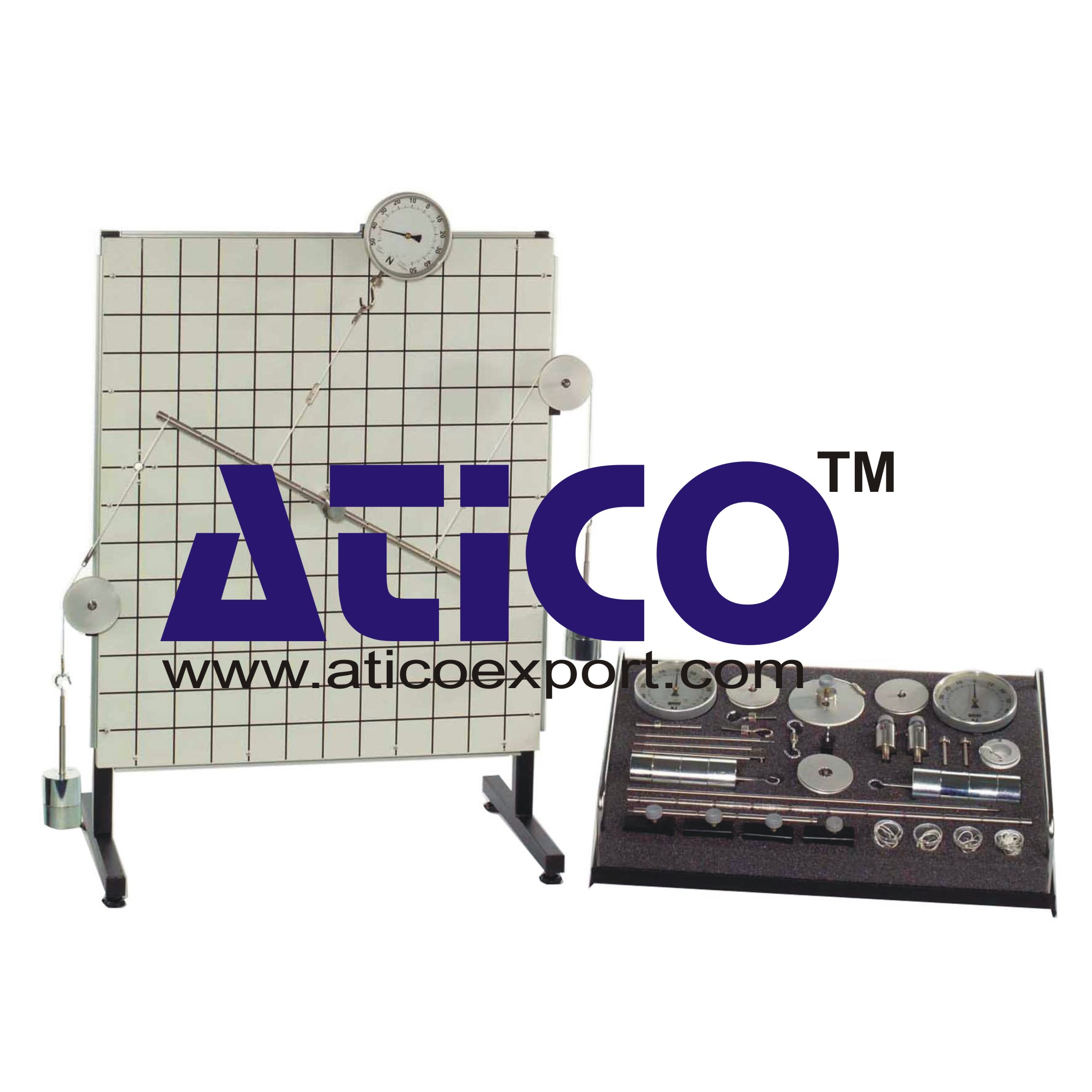
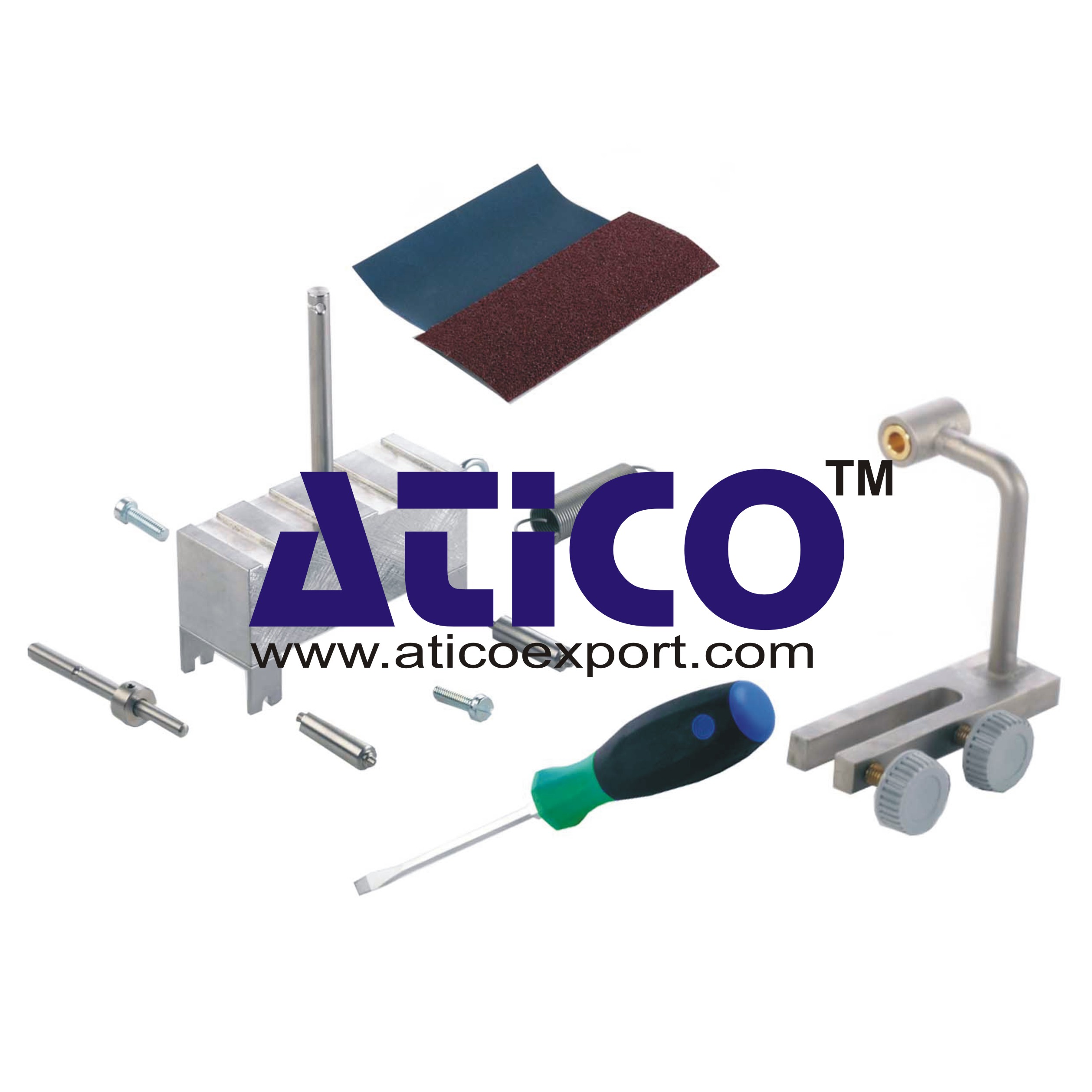
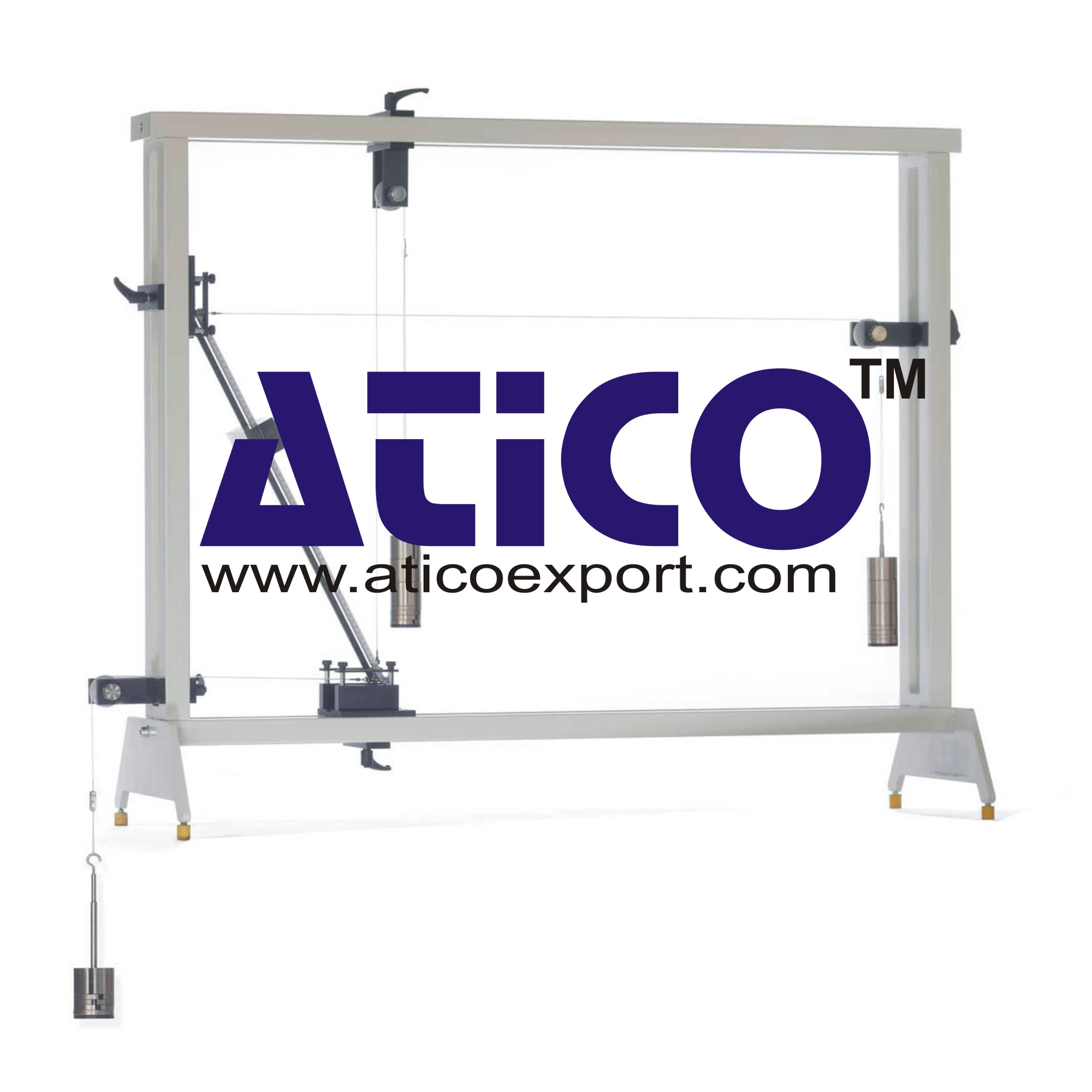
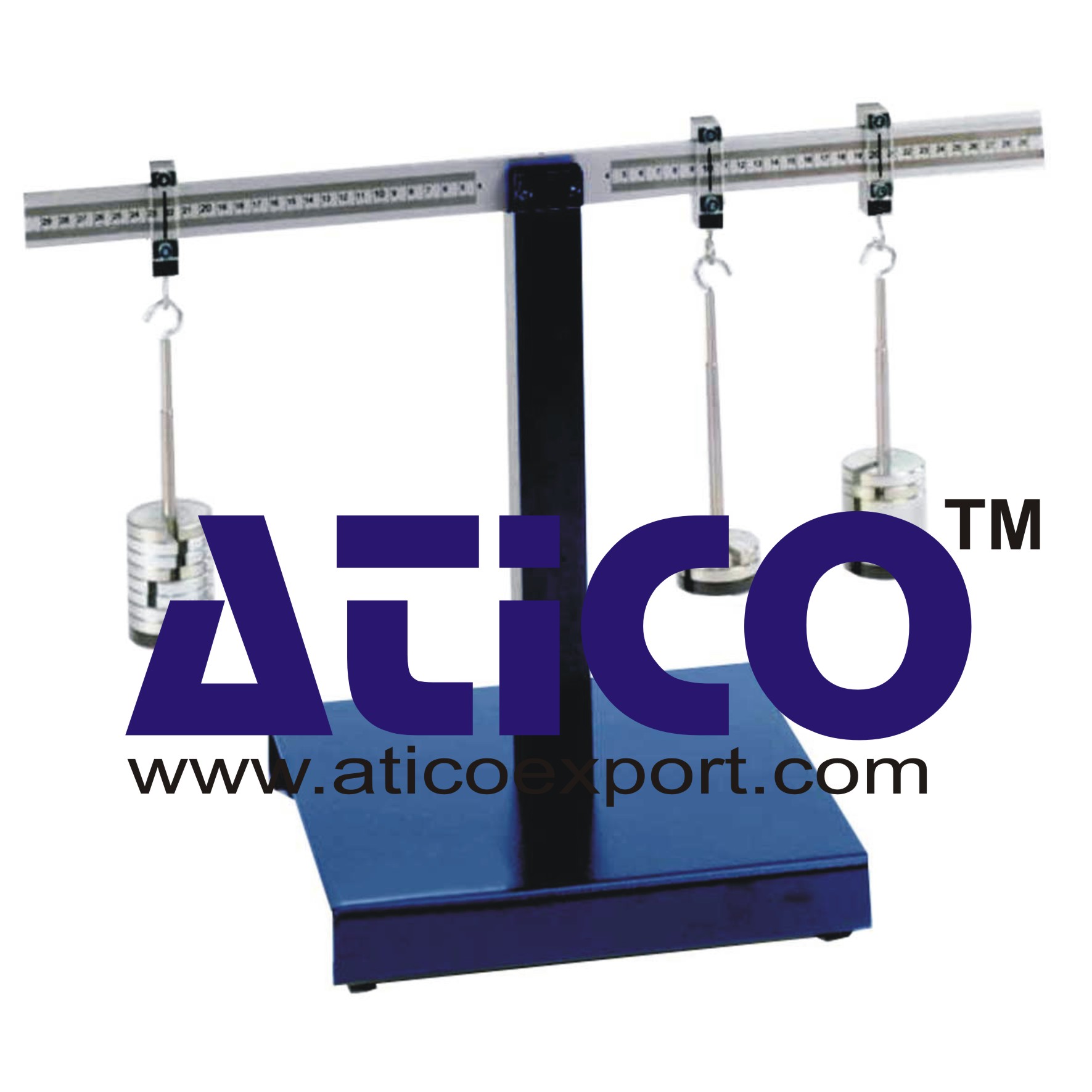
Product
Reviews
add Review
reviews
No Review Yet.